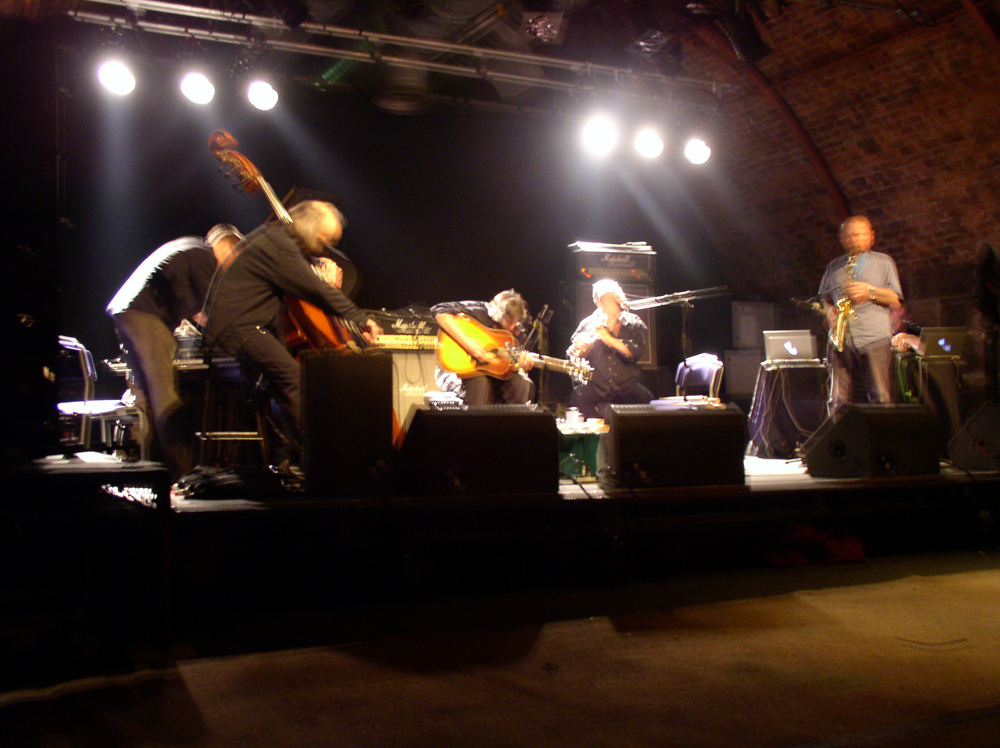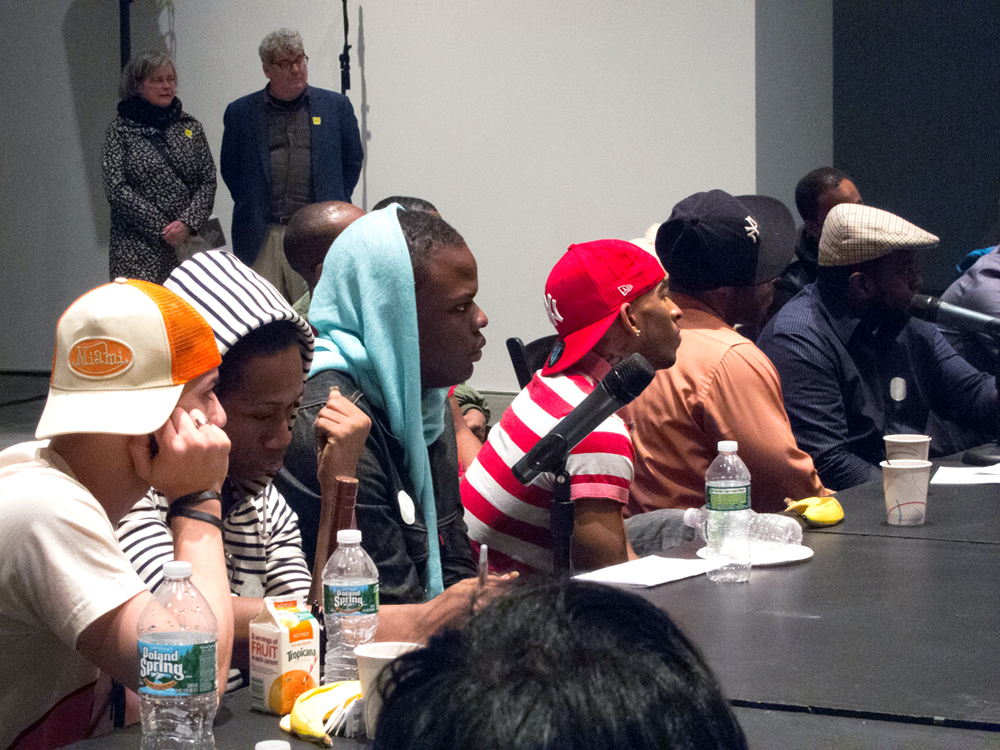
More Than Perfect
Denise Ferreira da Silva Arissana Pataxó Leanne Betasamosake Simpson Geni Núñez Ailton Krenak (by video)
A conversation between influential figures thinking through Blackness and Indigeneity, asking: what if we took seriously the possibility that this world, as we know it, may be coming to an end? We dread the loss of this world, but have we begun to imagine the one to come?













